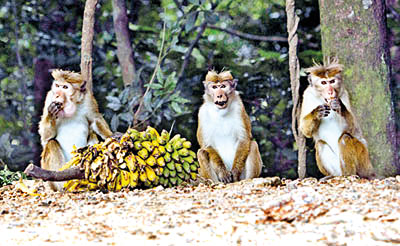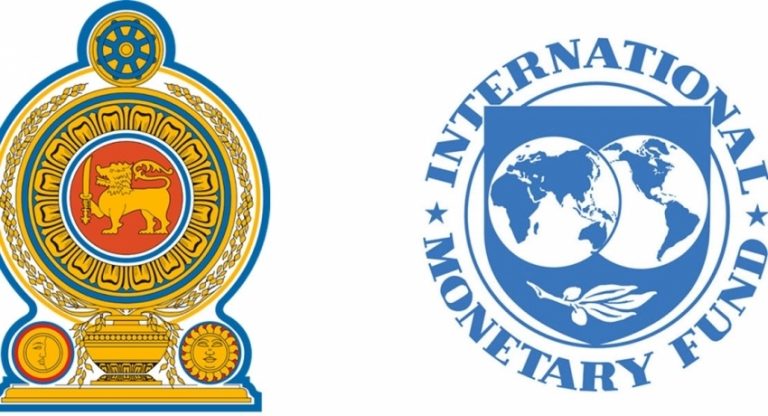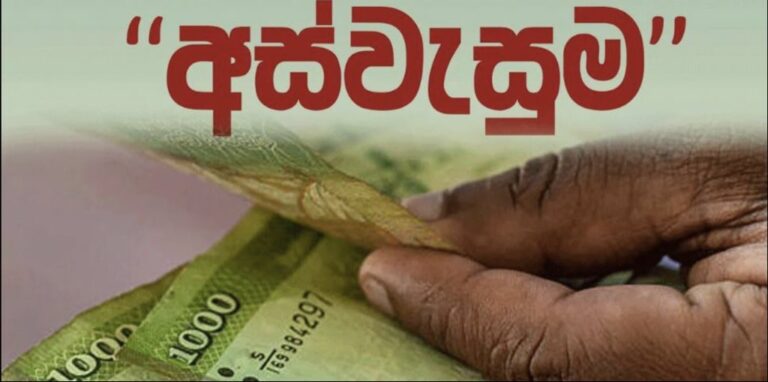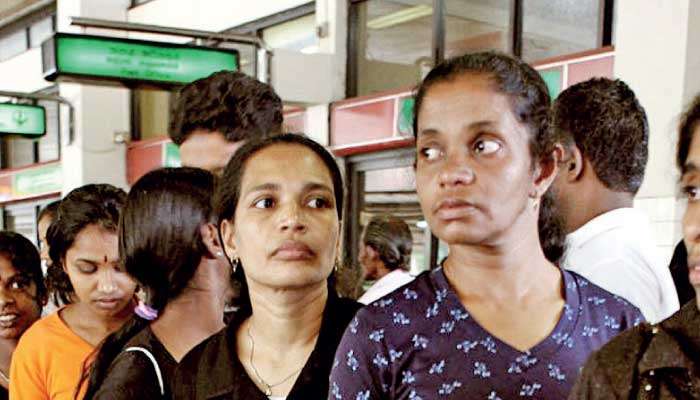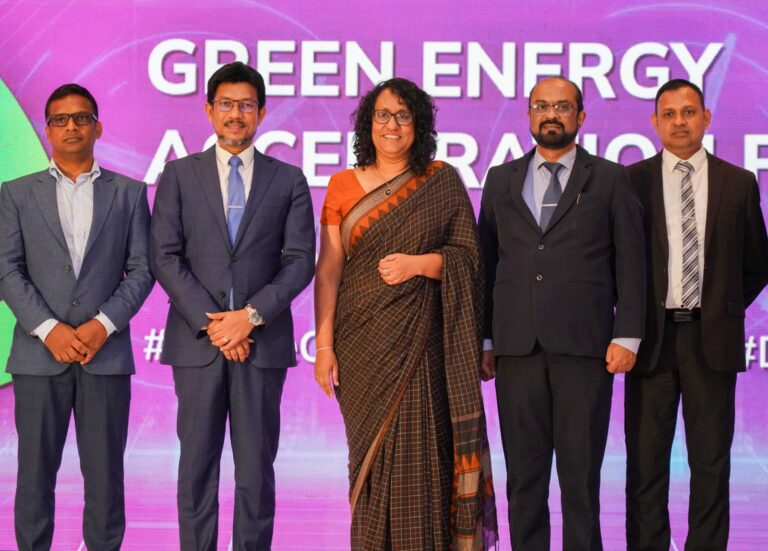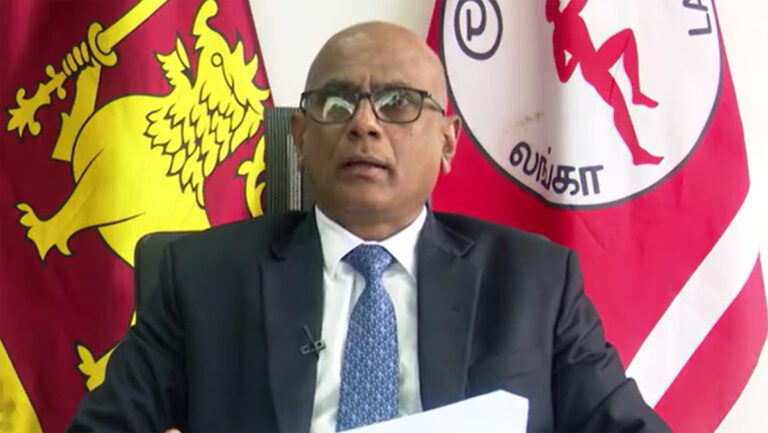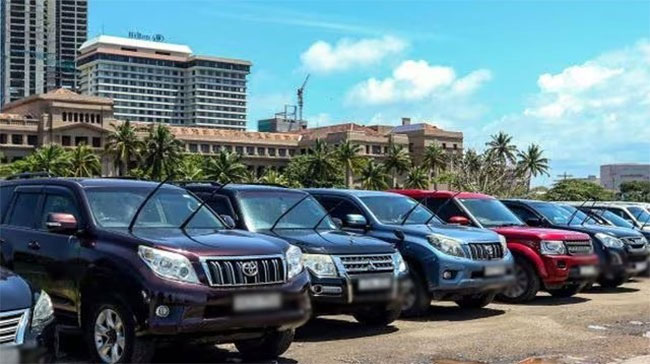March 02, Colombo (LNW): In an effort to address the growing issue of crop damage caused by wild animals, the Ministry of Agriculture, Lands, Livestock, and Irrigation has established a special committee tasked with investigating the problem and recommending effective management strategies.
This initiative, launched under the leadership of Minister K.D. Lalkantha, has been set in motion by the Ministry’s Secretary, M.P.N.M. Wickramasinghe.
The committee, headed by D.S. Rathnasinghe, the Additional Secretary (Agricultural Development), consists of 16 members, including experts, farmers, and environmental stakeholders.
Their primary focus is to develop practical solutions for mitigating the damage caused by wild animals to agricultural crops, as well as creating sustainable approaches to managing the wildlife responsible.
As part of its ongoing work, the committee is currently soliciting feedback and suggestions from a wide range of sources. Scholars, environmental organisations, farmers, and concerned citizens have been encouraged to contribute ideas on how best to protect crops and manage the wild animals involved.
This inclusive approach reflects the Ministry’s commitment to finding a collaborative solution to the problem.
One of the committee’s initial findings has been the need for accurate data regarding the population of wild animals that are causing significant harm to agricultural land.
To address this, the committee is planning a comprehensive census of selected species of wild animals, with the first phase set for next March.
A preliminary survey was recently conducted in the Ingiriya Grama Niladhari Division to assess the feasibility of such a census.
In addition to this, a consultation session was held on February 27 with a group of experts in the field, which included the Minister himself. During the consultation, Minister Lalkantha highlighted a critical gap in the country’s wildlife management infrastructure, pointing out that no dedicated institution exists to focus specifically on wildlife management.
He underscored the importance of initiating a national dialogue on this issue, as it has been left unaddressed for many years, leading to the current situation.
The Minister also expressed the government’s intention to take decisive action to resolve this longstanding problem, noting that both short-term and long-term strategies will be put in place in response to the committee’s recommendations.
The committee has been given a clear mandate to submit its final recommendations to the Minister by the end of March, and these will be used to inform the government’s next steps in addressing this pressing issue.


